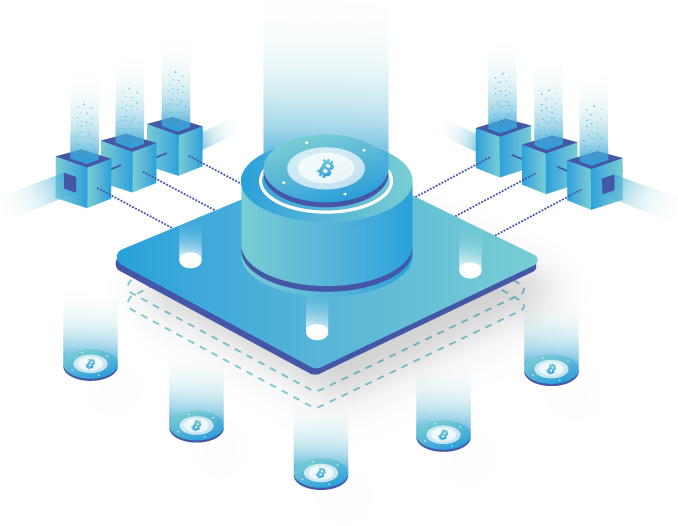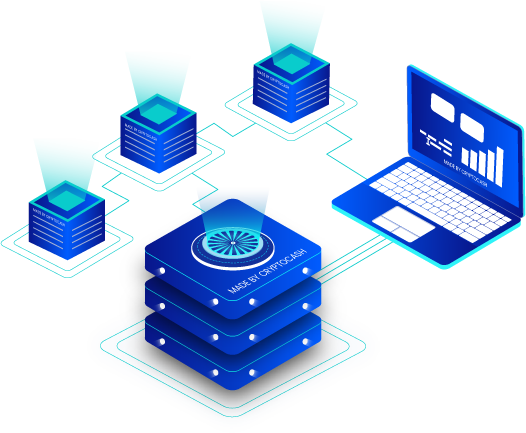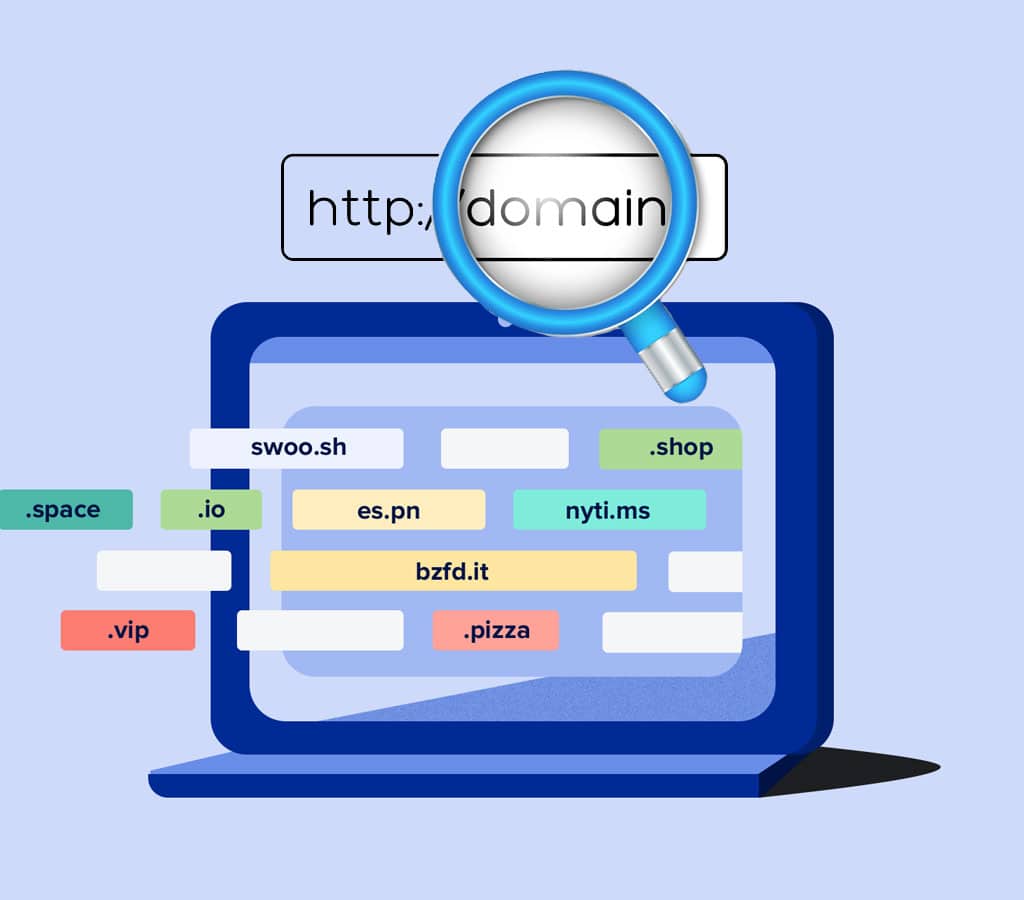Why Blockchain Technology is the Future?

Why Blockchain Technology is the Future?
The inception of Blockchain technology has introduced us to a new way of storing information. Simple it may sound, handling and storing information is the core function of any system; be it conventional or digital. The most significant feature of Blockchain technology is that it is just a platform beneath the existing coded frameworks to record information, and does not affect the rules of mobile app development. To make use of Blockchain technology, a mobile app development company can follow the same app building format and link it to the decentralized ledger.
The Future of Blockchain Technology
The ability of Blockchain technology to register information permanently, in a P2P accessible manner, without intervention of any central authority, has got attention from majority of the technical leader, innovators, investors, and most importantly, the general public. A proof of that prominently rests in the statistics of the Initial Coin Offerings (ICOs) in 2017, where the top 5 ICO collections alone accounted for about a billion USD. This shows that Blockchain, at least for now, is one of the major influential components of the digital world. Also, the value of Bitcoin – world’s first and most popular cryptocurrency touching the $18k USD mark cannot be just a coincidence.
Billions have put their trust into Blockchain technology for rescuing them from the centralized system that are way too controlling, and for the freedom that comes with it. So how come Blockchain technology has come this far in gathering public trust, and what do the core blockchain supporters find promising about this technological turnaround that, somewhat, still has an obscure stance in the eyes of the other faction? Let us look at the advantages of it to know.

Decentralization
The word decentralized is quite big in itself when we say that in the light of the type of system that exist across the world. No service, good, or exchange, before the onset of Blockchain, had a possibility to exist without a central authority; it was just not possible. There was no such solution that made it possible to register in an autonomous way without using a directive authority or mechanism. And then in 2009, the concept of decentralization introduced by Bitcoin change that by tabling a block ledger system that is immutable, irrevocable, and above all, is shared among each and every node linked to the system. In other words, the concept of Blockchain gave everyone the freedom to have authority over the ledger in a way that everyone owns it, but nobody controls it, simultaneously; hence, complete decentralization.
Initial Coin Offerings
ICOs have played a two-way role in the widespread acceptance of Blockchain – first, providing a platform for Blockchain innovators to reach out and connect with existing and prospective Blockchain supporters, where they can collect funds with crowdfunding. And second, that it has given Blockchain supporters the freedom to invest their money in the crypto enterprise they find promising enough. One of the biggest advantages of ICOs is that cryptopreneurs do not have to go to venture capitals for initial capital to fuel their projects, and rather collect the funds directly from the public. And in return, the seed and early investors can reap profits by selling the coins they acquired during the coin offering, in the event of that project becoming a success. Many of the popular cryptocurrencies like Ethereum, Litecoin etc., have successfully raised funds through ICOs, and achieved enough to provide the investors with unprecedented benefits. For example – Ethereum started off collecting funds at nearby a dollar per ETH token, which at present stands at around $730.

Transparency and Less/Nil Transaction Costs
This may come as a drawback for some who believe transparency in financial transactions is not a great idea. But that is only because they don’t realize Blockchain doesn’t reveal anyone’s personal identity. One can always use hash ID to track their transactions. There are many websites like blockchain.info or blockchain.com that can avail block details such as output, estimated transaction volume, transaction fee, timestamp, and block reward (if any).
Mobile app developers have specifically found Blockchain an interesting new aspect, and have new challenges to grapple with, in building Decentralized apps, or simply called DApps. As of now, mobile app development space has gained a new dimension to build apps that are actively linked with Blockchain, though the expert Blockchain app trainers are rare and are already high in demand. We at 360EduKraft, provide the support for projects and classroom & online training as well for Blockchain. Apart from that we are expert in Digital Marketing training, SEO, and corporate training.
UPCOMING TRAINING SCHEDULE:
Require a different session ? Let us know
Recent Blog Posts
What is Web Hosting, Types and Features of Web Hosting?
What is Web Hosting, Types and Features of Web Hosting? Strictly Beginners Guide You might be reading this information for one these reasons: you’re a blogger looking to get a…
Why Should you Use a Custom Domain Name for your Blog?
Why Should you use a Custom Domain Name for your Blog? A great success factor for many popular blogs or businesses is a domain name. The reason is that we…
Top 10 Popular Artificial Intelligence and Machine Learning Tools
Top 10 Popular Artificial Intelligence and machine Learning Tools & Frameworks for Developers Top 10 Machine Learning Tools for 2025: Elevate Your AI Skills Artificial intelligence is going to be…




Leave a Reply
You must be logged in to post a comment.